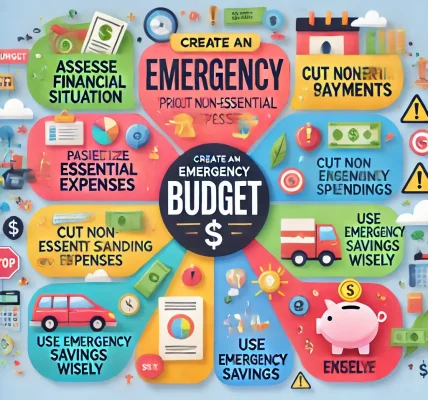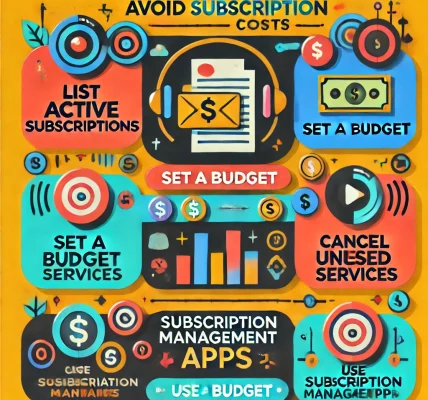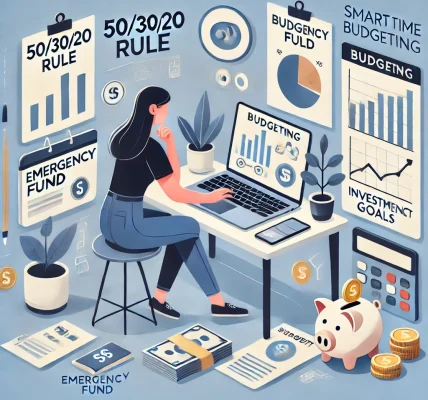Credit cards often spark debate when it comes to personal finance. They can be powerful tools for building credit and managing expenses, but they also pose risks of debt and overspending if not used wisely. In this blog, we’ll explore the advantages and disadvantages of credit cards, how they can fit into your budgeting strategy, and tips to use them effectively.
Why Credit Cards Can Be a Friend in Budgeting
1. Expense Tracking
Credit cards provide detailed monthly statements, making it easier to categorize and track your spending. This can help you identify patterns and areas where you can cut back.
2. Building Credit History
Regular, responsible use of credit cards contributes to a positive credit score. A good credit score is essential for securing favorable loan terms and other financial opportunities.
3. Rewards and Cash Back
Many credit cards offer incentives like cashback, travel points, or discounts. These rewards can save money if aligned with your spending habits.
4. Emergency Backup
Credit cards can provide a financial cushion for unexpected expenses, especially if you don’t have immediate access to cash or savings.
5. Payment Flexibility
They allow you to make larger purchases and spread the payments over time, which can be helpful when managed within your budget.
Why Credit Cards Can Be a Foe in Budgeting
1. Encouraging Overspending
The convenience of credit cards can lead to impulsive purchases, causing you to exceed your budget.
2. High Interest Rates
If you carry a balance, the interest can quickly add up, leading to financial strain.
3. Hidden Fees
Late payment fees, annual fees, and foreign transaction fees can erode your financial health if not monitored.
4. Risk of Debt
Relying too heavily on credit cards without a repayment plan can result in a debt spiral that’s hard to escape.
How to Use Credit Cards Effectively in Budgeting
1. Stick to Your Budget
Treat your credit card as a tool for tracking expenses, not extending your budget. Spend only what you can afford to pay off each month.
2. Pay the Full Balance Monthly
Avoid interest charges by paying your balance in full every billing cycle.
3. Leverage Rewards Strategically
Choose a card that aligns with your spending habits and redeem rewards for essentials or planned expenses.
4. Set Limits
Use spending alerts or set lower credit limits to prevent overspending.
5. Avoid Using Multiple Cards
Managing too many cards can complicate tracking and increase the risk of missed payments. Stick to one or two cards that offer the best benefits for your needs.
6. Monitor Statements Regularly
Review your credit card statements for errors or fraudulent charges. This also helps you stay accountable to your budget.
Balancing Credit Cards in Your Budgeting Strategy
Credit cards can be either a friend or foe, depending on how they’re used. To maximize their benefits:
- Integrate them into your overall budgeting plan.
- Stay disciplined with your spending and repayment habits.
- Keep an emergency fund to reduce reliance on credit cards for unexpected expenses.
Conclusion
Credit cards are neither inherently good nor bad; their impact depends on how you use them. With careful planning, credit cards can enhance your budgeting efforts, provide rewards, and build credit. However, misuse can lead to financial pitfalls. By staying informed and disciplined, you can ensure that credit cards work as your financial ally.



